Boult Audio Newly Launched XO Black Wired Earphones with 3.5mm Jack, Extra Bass, 10mm Dynamic Driver, Inline Control, IPX5 Water Resistant, HD Mic, Radial Finish, Earphones Wired Headphones with Mic
₹299.00 (as of April 26, 2025 21:25 GMT +05:30 - More infoProduct prices and availability are accurate as of the date/time indicated and are subject to change. Any price and availability information displayed on [relevant Amazon Site(s), as applicable] at the time of purchase will apply to the purchase of this product.)Lighting is a crucial aspect of interior design that often gets overlooked. It has the power to transform the mood, ambiance, and aesthetics of a space. Whether you’re redecorating a room or giving your entire home a makeover, understanding how to use lamps and lights as decorative elements can elevate your interior design game. In this blog, we will delve into the world of lighting, exploring various types of lamps and lights, tips for their placement, and how to create a harmonious and visually appealing atmosphere with light.
The Role of Lighting in Interior Design
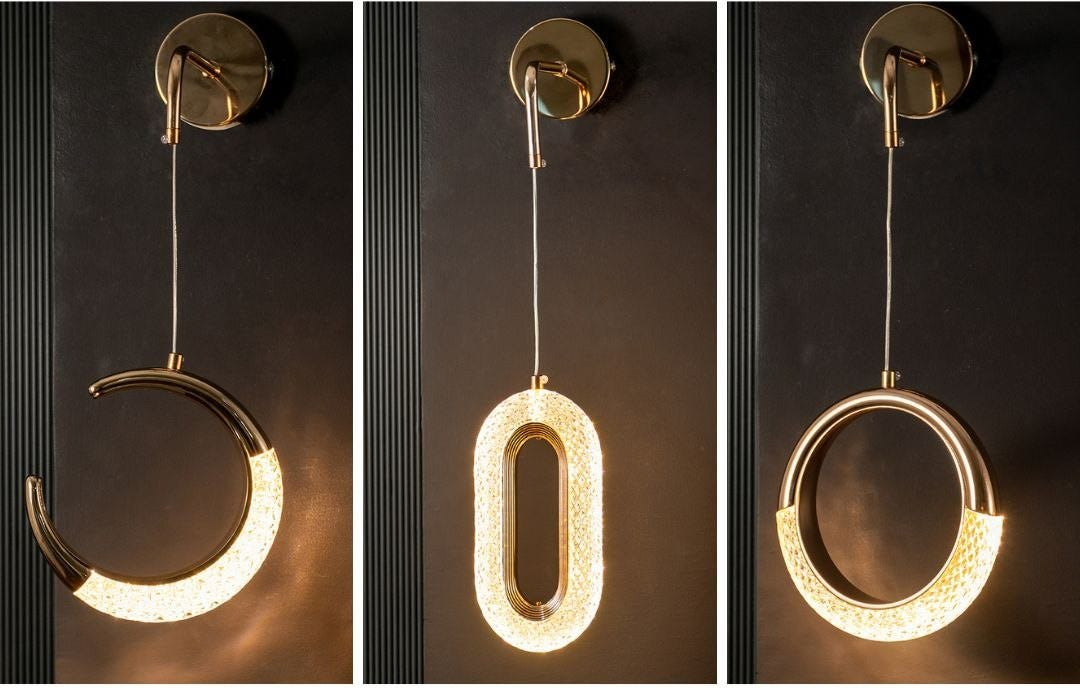
Before we dive into the details of lamps and lights, let’s understand the significance of lighting in interior design. Lighting serves several important functions beyond the obvious one of providing illumination. It can:
- Set the Mood: Different lighting intensities and colors can evoke various moods. Soft, warm lighting can create a cozy and intimate atmosphere, while bright, cool lighting can make a space feel lively and energizing.
- Highlight Architectural Features: Well-placed lighting can draw attention to architectural elements like exposed beams, interesting wall textures, or beautiful moldings.
- Enhance Decor: Lighting can be a decorative element in itself, adding to the overall aesthetics of a room. A beautiful lamp or a unique light fixture can be a focal point.
- Define Zones: In open-concept spaces, lighting can be used to define separate areas within a room, such as the dining area or a reading nook.
- Improve Functionality: Proper lighting is essential for performing various tasks. For instance, a bright, focused light is crucial in the kitchen, while a soft, indirect light is perfect for the bedroom.
Types of Lamps and Lights
Now that we understand the importance of lighting in interior design, let’s explore some common types of lamps and lights you can use to enhance your space:
Table Lamps
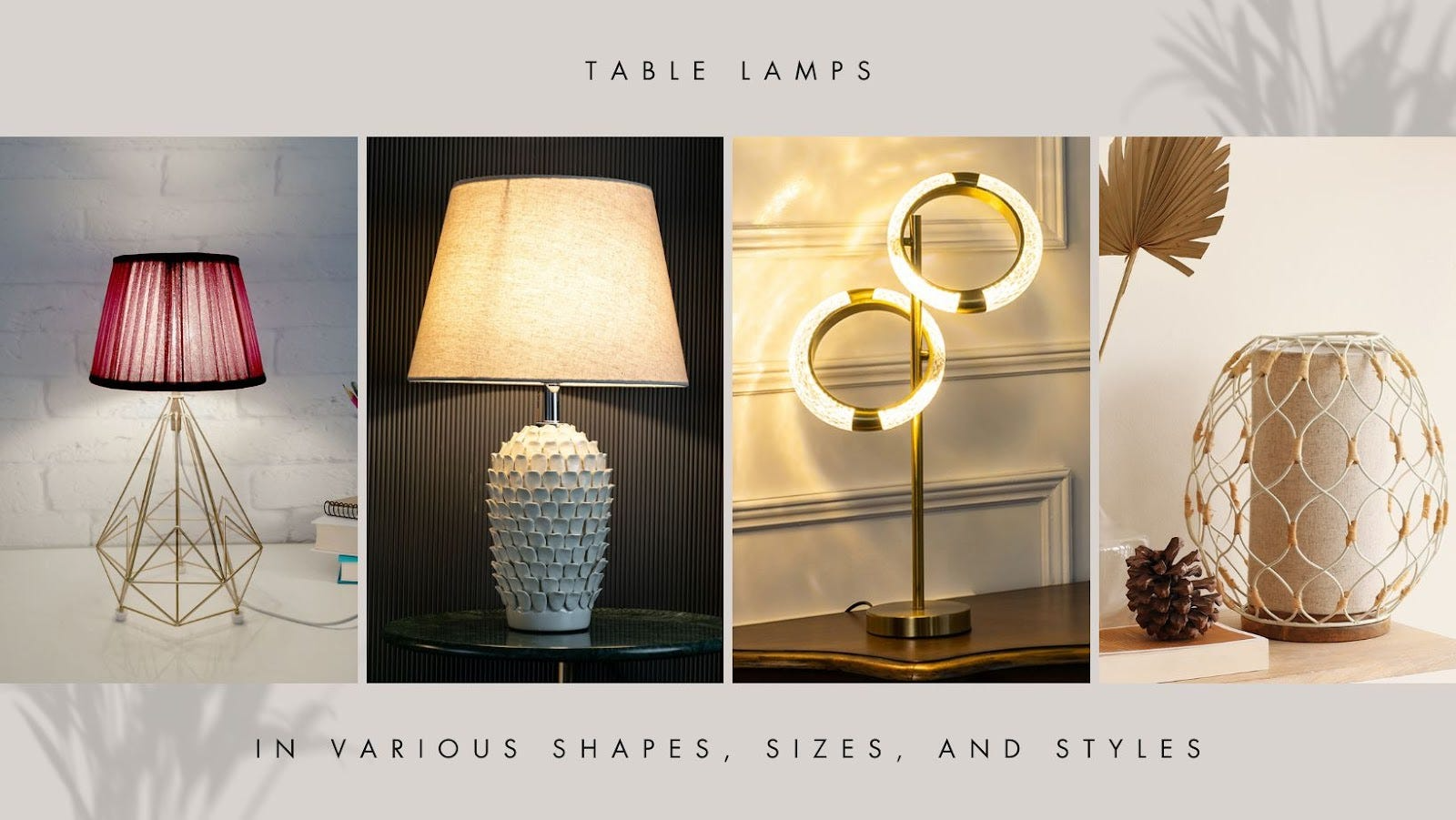
Table lamps are versatile and come in various shapes, sizes, and styles. They are perfect for adding localized light and can be placed on side tables, nightstands, desks, or console tables. When choosing a table lamp, consider the design, color, and shade material to ensure it complements your overall decor. Whispering Homes offers a wide selection of table lamps to complement your decor.
Floor Lamps
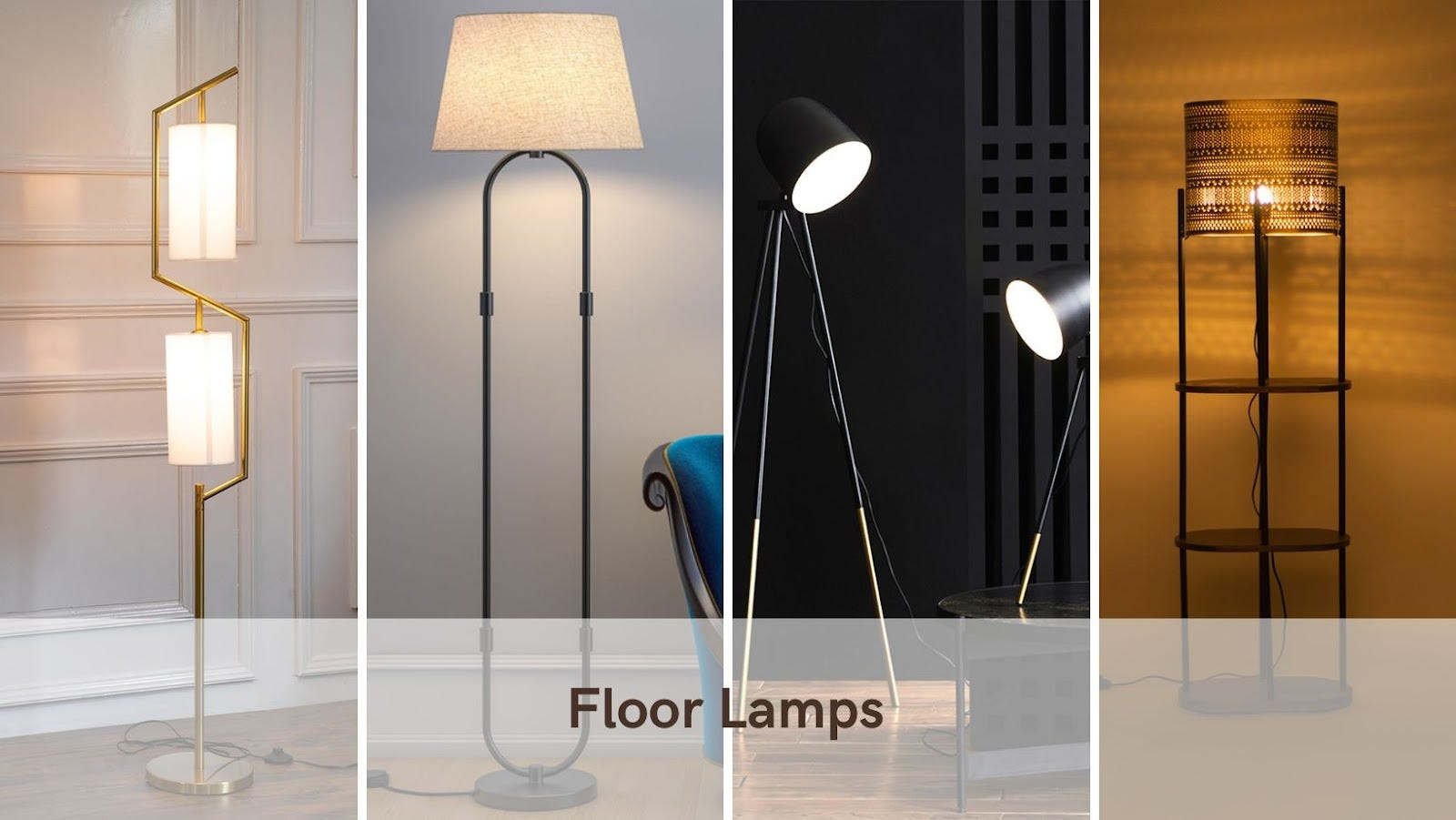
Floor lamps are excellent for providing ambient lighting in a room. They can stand alone as decorative pieces or blend seamlessly with your furniture. Arc floor lamps, metal floor lamps, wooden floor lamps and tripod lamps, are popular choices, each with its own unique style and function.
Chandeliers
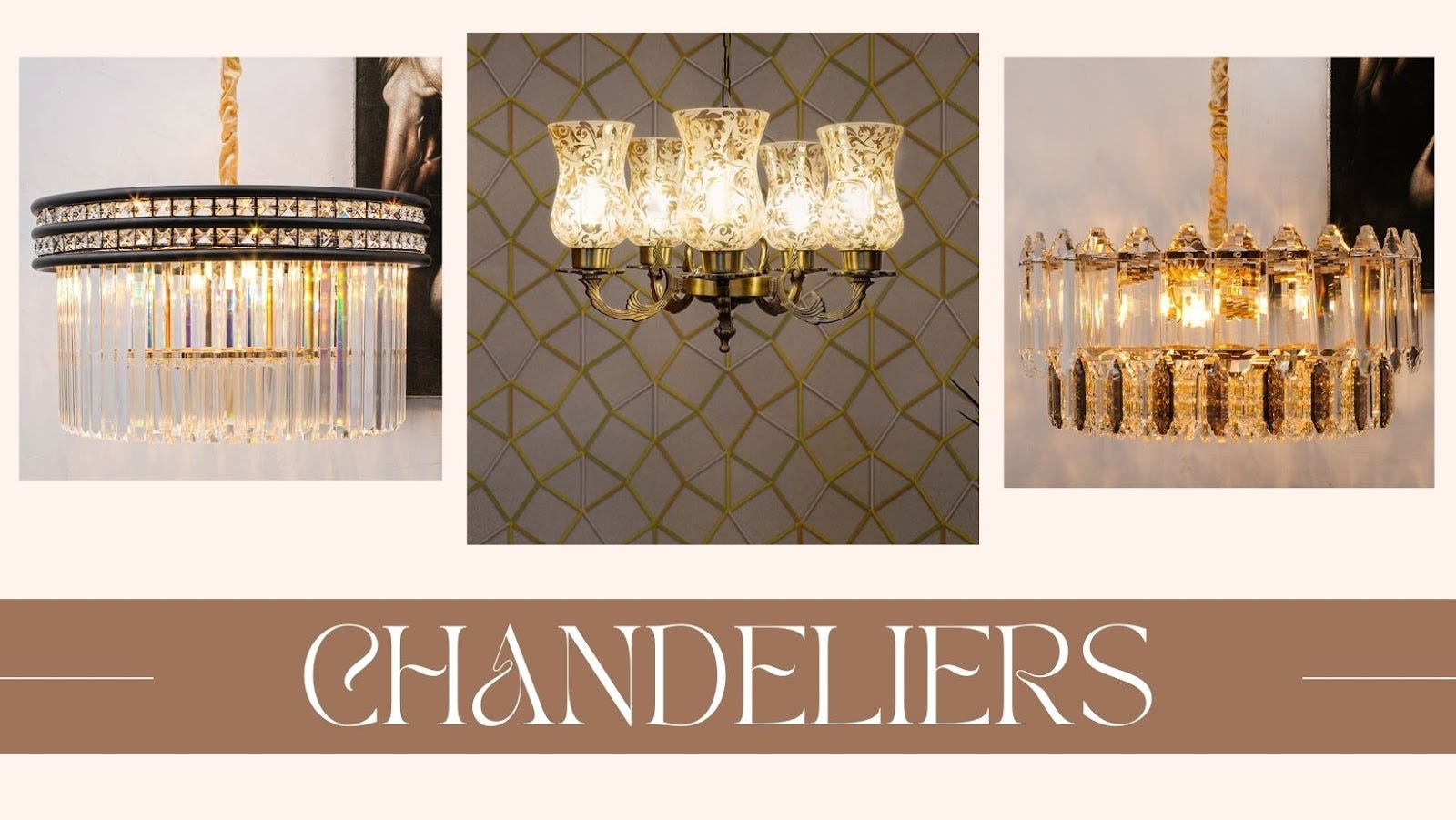
Chandeliers are elegant and often serve as statement pieces in dining rooms, entryways, or living rooms. They come in a wide range of designs, from classic crystal chandeliers to modern and industrial styles. The choice of chandelier should align with the room’s aesthetic and purpose. Find the ideal chandelier at Whispering Homes.
Pendant Lights
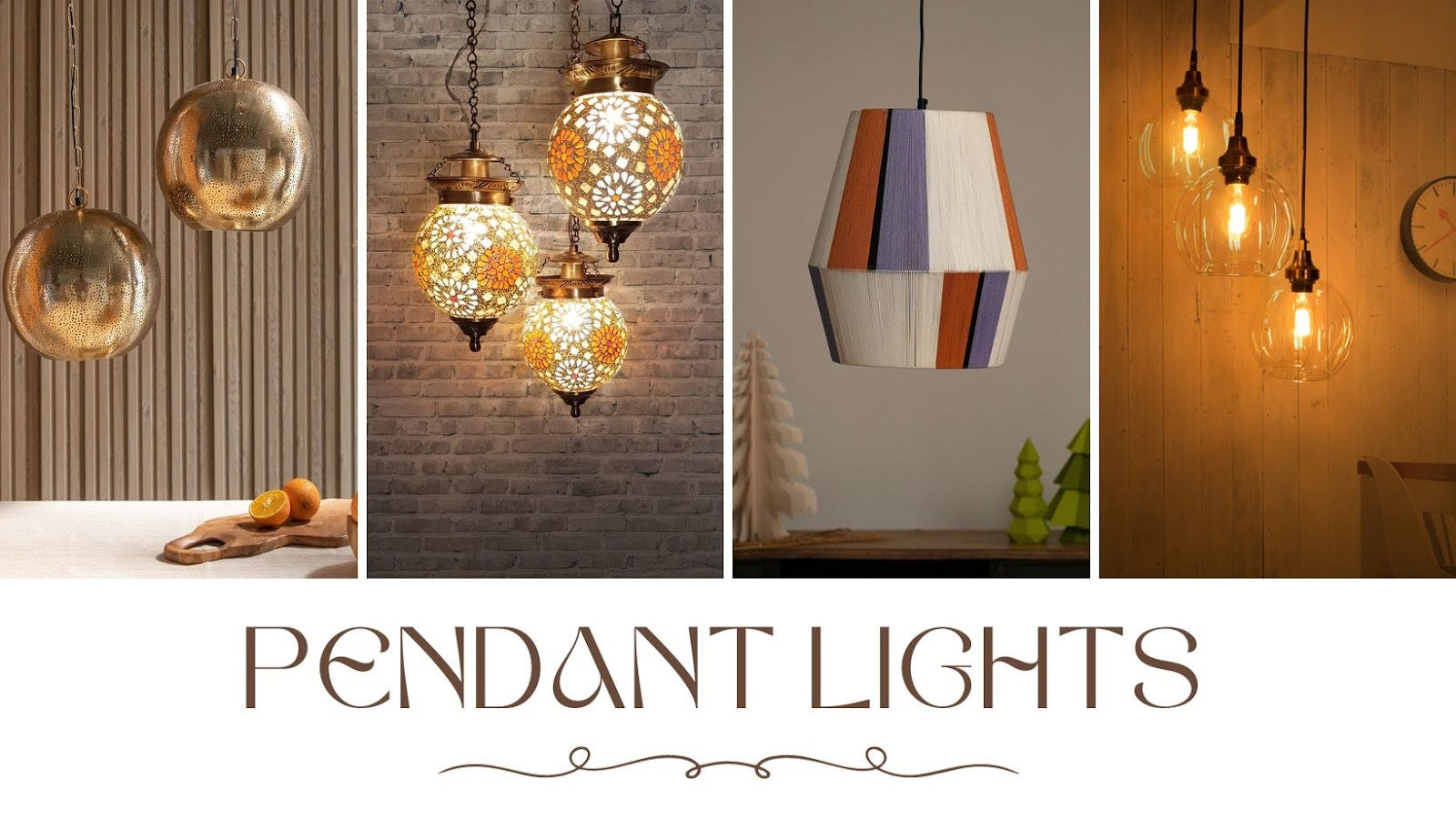
Pendant lights hang from the ceiling and can be used to illuminate kitchen islands, dining tables, or as decorative elements in hallways. They offer a great opportunity to play with different shapes, sizes, and materials to complement your interior design.
Wall Sconces
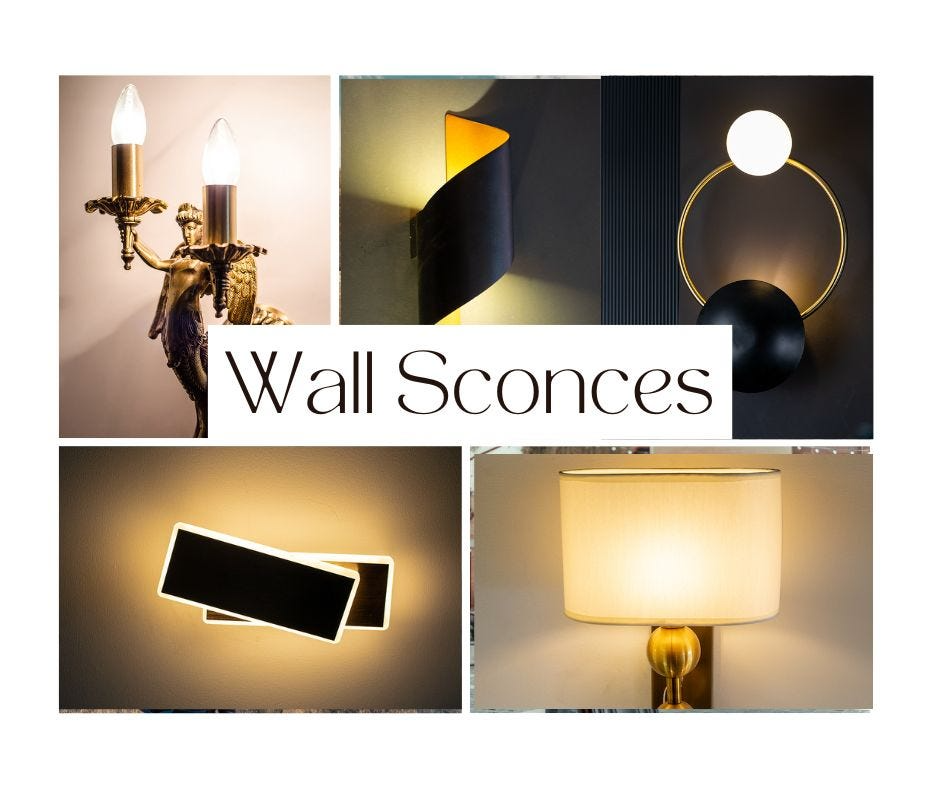
Wall sconces are not only functional but also decorative. They can be used for accent lighting, highlighting artwork, or as bedside reading lights. Their design can range from traditional to contemporary, allowing you to find the perfect fit for your style.
Track and Recessed Lighting
Track and recessed lighting provide a clean and minimalist look. They are ideal for highlighting specific areas or objects in a room, such as metal wall art collections, shelves, or architectural details. These types of lighting fixtures blend seamlessly with the ceiling and walls.
Candles and Candle Holders
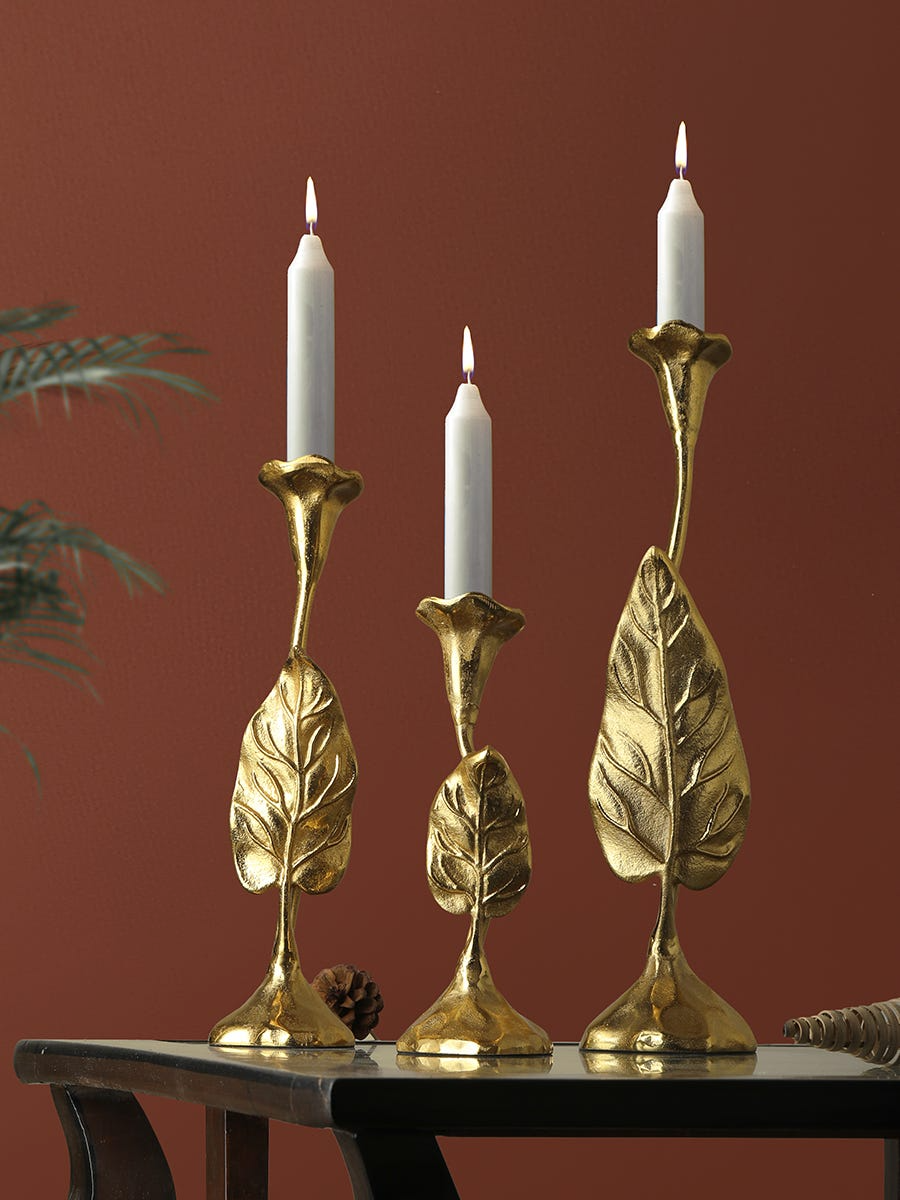
Candles and candle holders are a more traditional and intimate way to add soft, warm lighting to a room. They come in various sizes and designs, allowing you to create a cozy and romantic ambiance. Flameless LED candles are also a safe and practical option. Explore Whispering Homes collection of candles and candle holders.
Tips for Using Lamps and Lights as Decorative Elements
Now that you’re familiar with different types of lamps and lights, here are some tips for effectively incorporating them into your interior design:
Layer Your Lighting
A well-lit room often features a combination of ambient, task, and wall lighting. Ambient lighting provides overall illumination, while task lighting serves specific purposes, such as reading or cooking. Accent lighting highlights particular features or objects in the room. By layering these types of lighting, you can create a dynamic and inviting atmosphere.
Consider Bulb Types
The type of bulbs you use can greatly affect the ambiance. Incandescent bulbs cast a warm, inviting glow, while LED bulbs are energy-efficient and can be adjusted to different color temperatures. Experiment with various bulb types to achieve the desired mood.
Pay Attention to Scale
The size of your lighting fixtures should be in proportion to the room. Oversized fixtures can overwhelm a small space, while small fixtures may get lost in a large room. Ensure that the scale of the fixtures aligns with the room’s dimensions.
Mix and Match Styles
Don’t be afraid to mix and match different styles of lamps and lights. Eclectic design often incorporates a variety of lighting fixtures, creating a unique and visually stimulating atmosphere. Just ensure there’s a cohesive element that ties them together, such as a shared color scheme or material.
Highlight Focal Points
Use lighting to draw attention to focal points in your room, such as artwork, architectural details, or a beautiful piece of furniture. Well-placed lighting can make these elements stand out and become conversation starters.
Create Zones with Lighting
In open-plan spaces, consider using lighting to define different zones. For example, pendant lights can mark the dining area, while floor lamps can delineate a reading nook. This helps in organizing the space and gives it a sense of purpose.
Utilize Dimmers
Dimmer switches are a valuable addition to your lighting design. They allow you to control the intensity of the light, providing flexibility for different occasions. Lowering the lights can create a cozy atmosphere, while full brightness is ideal for tasks and entertaining.
Embrace Natural Light
While artificial lighting is essential, natural light should not be overlooked. Make the most of natural light by using curtains or blinds that can be adjusted to control the amount of daylight entering the room. Combine natural and artificial lighting for a balanced effect.
Conclusion
Lamps and lights are not just sources of illumination; they are key decorative elements that can transform your living spaces. By understanding the various types of lighting fixtures and how to use them effectively, you can create a harmonious and visually appealing atmosphere that reflects your personal style and enhances the functionality of your home. So, the next time you embark on an interior design project, remember to light up your style with thoughtfully chosen and strategically placed lamps and lights. Your home will thank you with a warm, inviting glow. And for all your lamp and lighting needs, Whispering Homes offers a wide range of options to elevate your interior design.

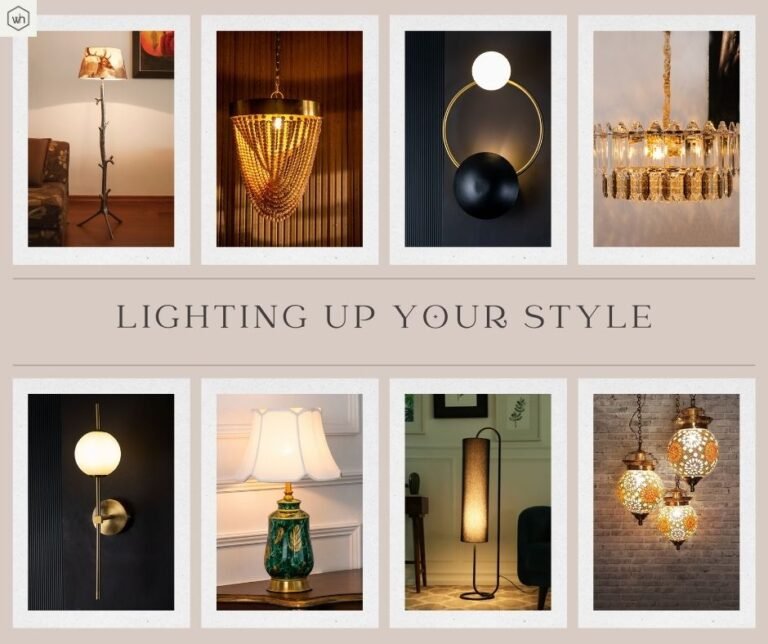




0 Comments